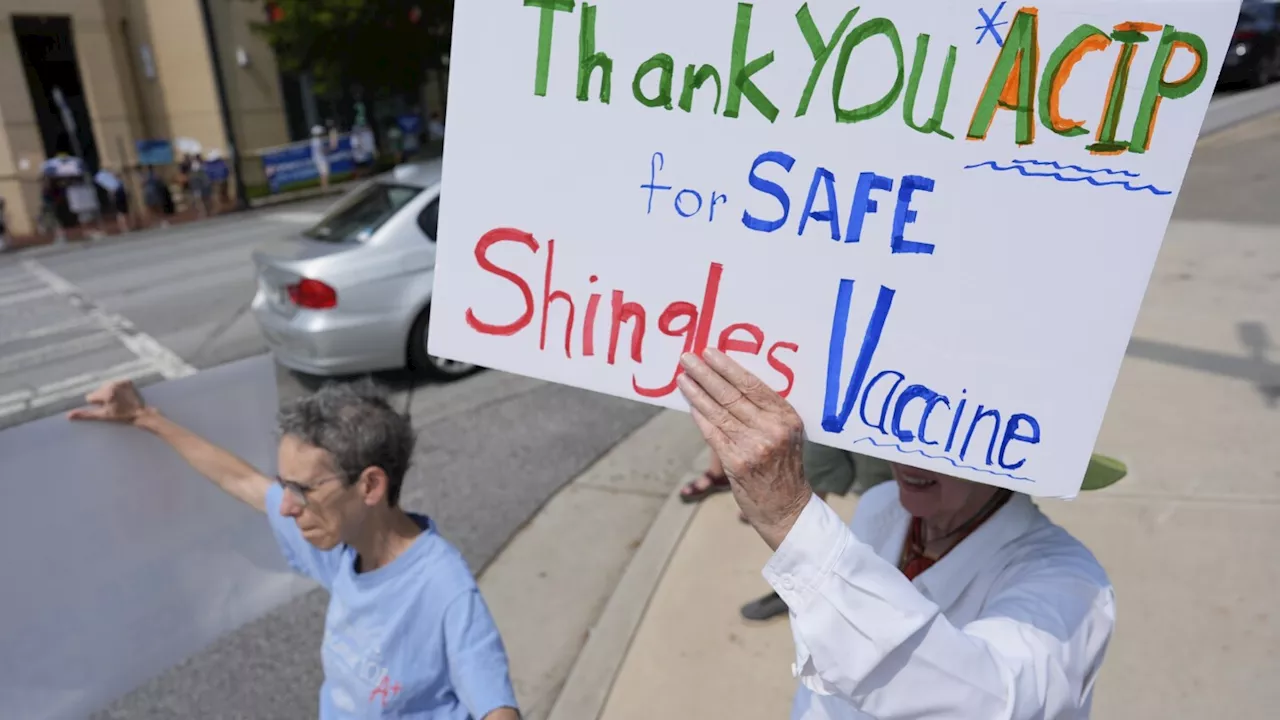The Advisory Committee on Immunization Practices (ACIP) of the Centers for Disease Control and Prevention (CDC) has voted to recommend that everyone aged over six months should have access to the COVID-19 vaccine. This decision marks a significant shift in vaccine policy, aiming to ensure that various populations can receive the vaccine without barriers to insurance coverage.
The vote, held on October 3, 2023, comes as the CDC evaluates the ongoing need for COVID-19 vaccinations amidst evolving public health guidelines. The panel’s recommendation emphasizes the importance of making vaccines readily available to all eligible individuals as part of a broader strategy to mitigate the impact of the virus.
Details of the Recommendation
The ACIP’s recommendation reflects a commitment to public health and aims to address disparities in vaccine access. By affirming that everyone over six months should be eligible for vaccinations, the CDC seeks to enhance community immunity, which is crucial in preventing severe illness from COVID-19.
The discussions leading up to the vote highlighted the need for widespread vaccination as part of a comprehensive approach to managing the pandemic. As COVID-19 continues to circulate, the CDC’s decision underlines the importance of vaccinations in reducing hospitalizations and fatalities associated with the virus.
The recommendation also serves to protect insurance access for individuals seeking the vaccine. This move is particularly relevant as health policies evolve in response to changing pandemic conditions, ensuring that financial barriers do not hinder access to essential vaccinations.
Implications for Public Health
Health experts have long advocated for universal vaccine access to safeguard vulnerable populations. The CDC’s latest action is expected to bolster vaccination rates, particularly among those who may have previously faced obstacles in receiving the vaccine. This includes younger children and infants, who may be at risk of severe outcomes from COVID-19.
In addition to supporting public health, the recommendation is likely to influence healthcare providers and insurers, encouraging them to facilitate vaccine availability. By promoting a standardized approach to vaccination, the CDC aims to streamline processes and reduce confusion among patients and healthcare professionals alike.
The broader implications of this recommendation could lead to increased immunity levels across communities, potentially reducing the likelihood of future outbreaks. As public health officials continue to navigate the complexities of the pandemic, initiatives like this play a critical role in fostering a healthier population.
The CDC’s decision is a pivotal step in the ongoing fight against COVID-19. As vaccination efforts ramp up, the agency remains committed to monitoring the virus’s trajectory and adapting its recommendations to safeguard public health effectively.






































































